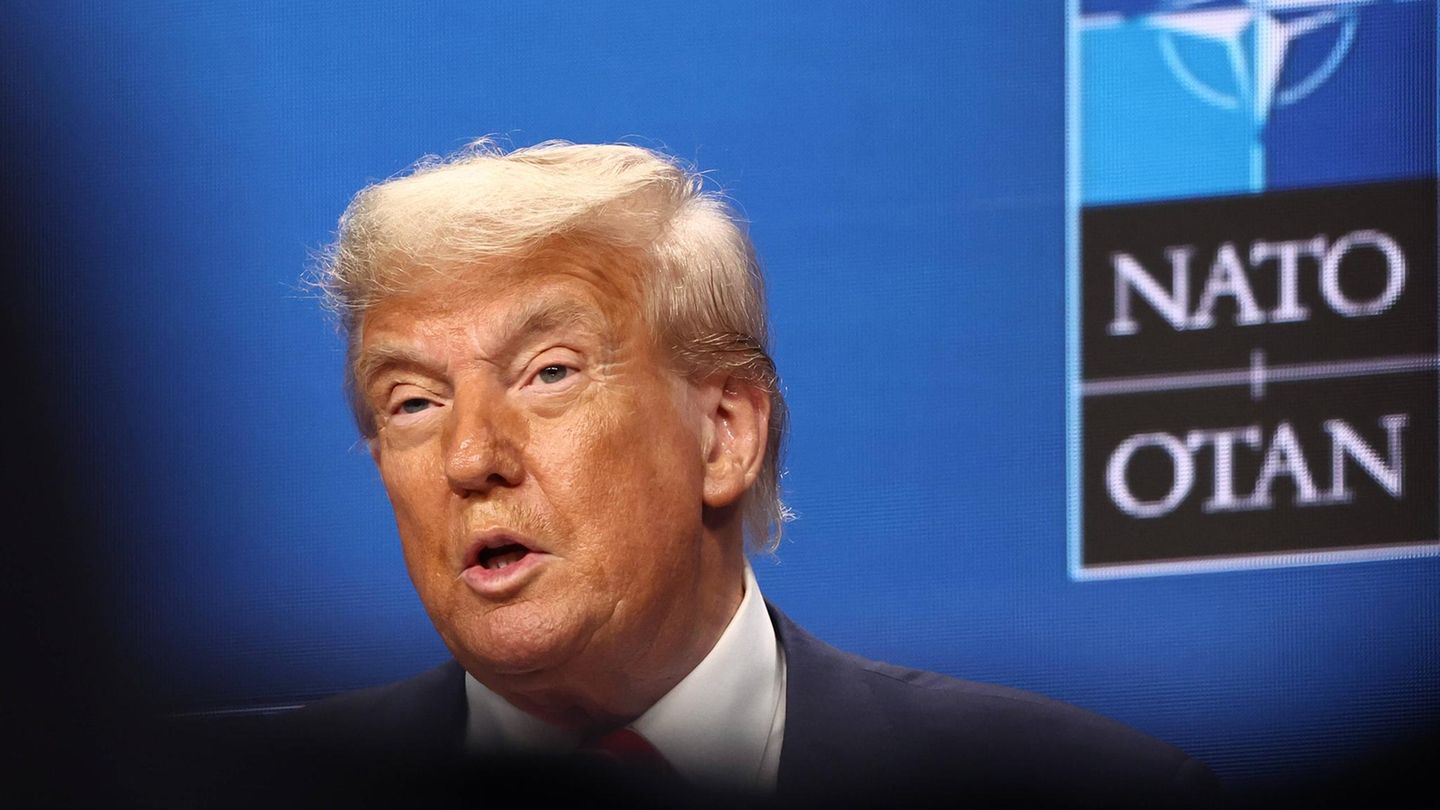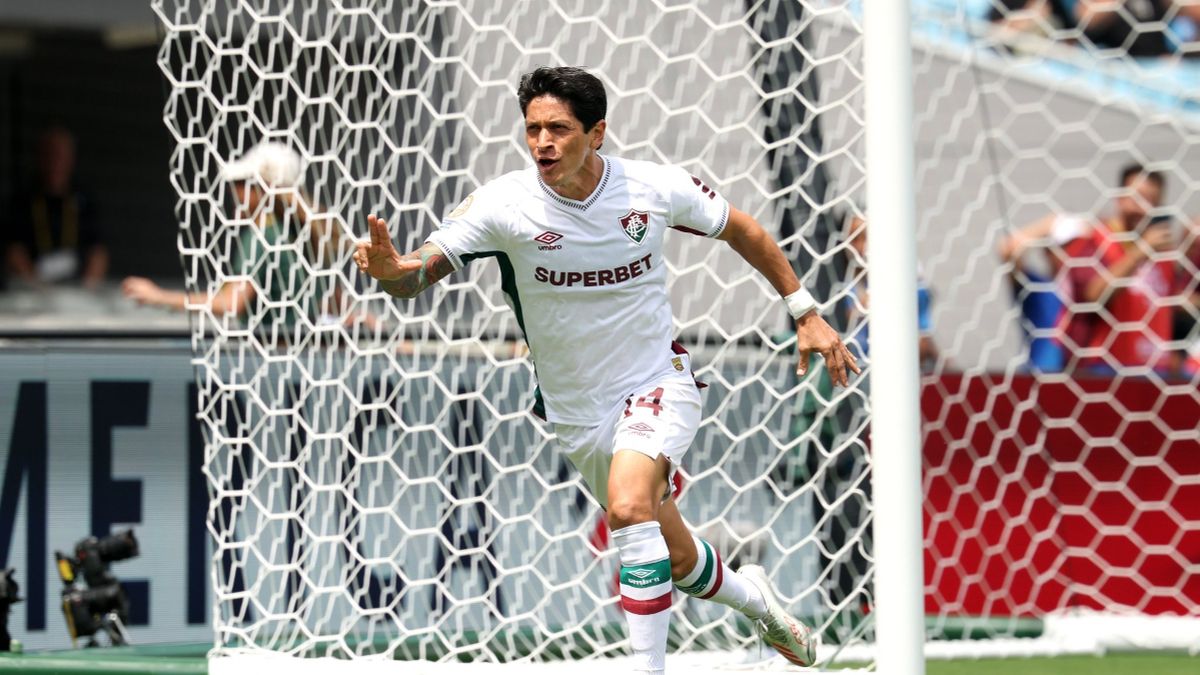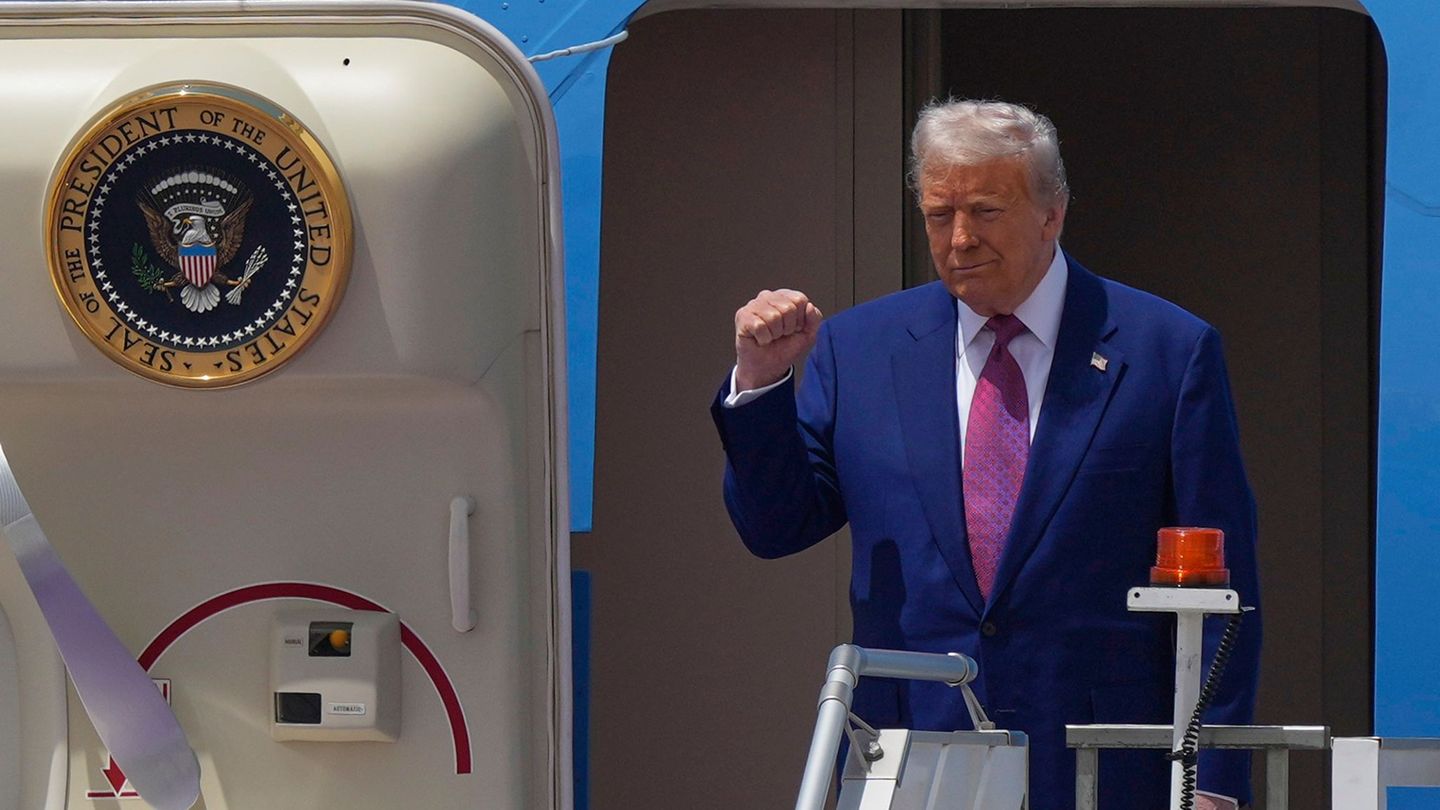LA PAZ, Sept 2 (Reuters) – The Bolivian government has acknowledged for the first time in 17 years that the country is becoming a center of cocaine production rather than just a place of transit and cultivation of coca leaves.
The South American country is, along with Colombia and Peru, widely recognized as one of the world’s largest producers of coca, the raw material for cocaine. However, the government has long maintained that production of ready-to-use cocaine was limited.
In a change of tone, the government said this week it had destroyed a significant number of laboratories in the tropical Chapare region, one of the main coca-growing areas and a political stronghold of former leftist President Evo Morales.
“Of the 37 mega laboratories that we have destroyed in 2023 (until August), 27 are located in the municipality of Villa Tunari, Chapare province, that is the area where cocaine hydrochloride is crystallizing,” said the Minister of Government (Interior ), Eduardo Del Castillo, to journalists in reference to the saline or powdered form of the drug.
“They are trying to turn our country no longer into a drug transit country, but into a drug producing country,” he added, presenting a map of drug trafficking with raids on 1,804 drug factories since 2020, with the “vast majority” in the Chapare.
The acknowledgment underscores the growing pressure for the government to take action on the drug trade in the country, after being criticized for not addressing the issue. It also reflects tensions between socialist President Luis Arce and the ruling MAS party of Morales, a former cocalero union leader from the Chapare.
“In these 17 years, the MAS governments have insisted that in Bolivia there was only the phenomenon of transit of Peruvian coca to other places (…), but at the same time Bolivia has managed to transition from basic paste to hydrochloride,” said the Bolivian economist expert in drug trafficking issues Carlos Toranzo to Reuters.
Behind the change in rhetoric, he added, there are growing tensions in the MAS party over who will lead the elections to be held in two years: Arce or Morales.
“What’s in between? The (presidential) candidacy for 2025, each one wants to get the other out of the game,” Toranzo said. “In Bolivia we are experiencing a dispute between two factions of the MAS, one that points to the other (saying) that they are protectors of drug trafficking,” he concluded.
(Reporting by Mónica Machicao, writing by Daniel Ramos. Editing by Adam Jourdan. Translated into Spanish by Lucila Sigal)
Source: Ambito




